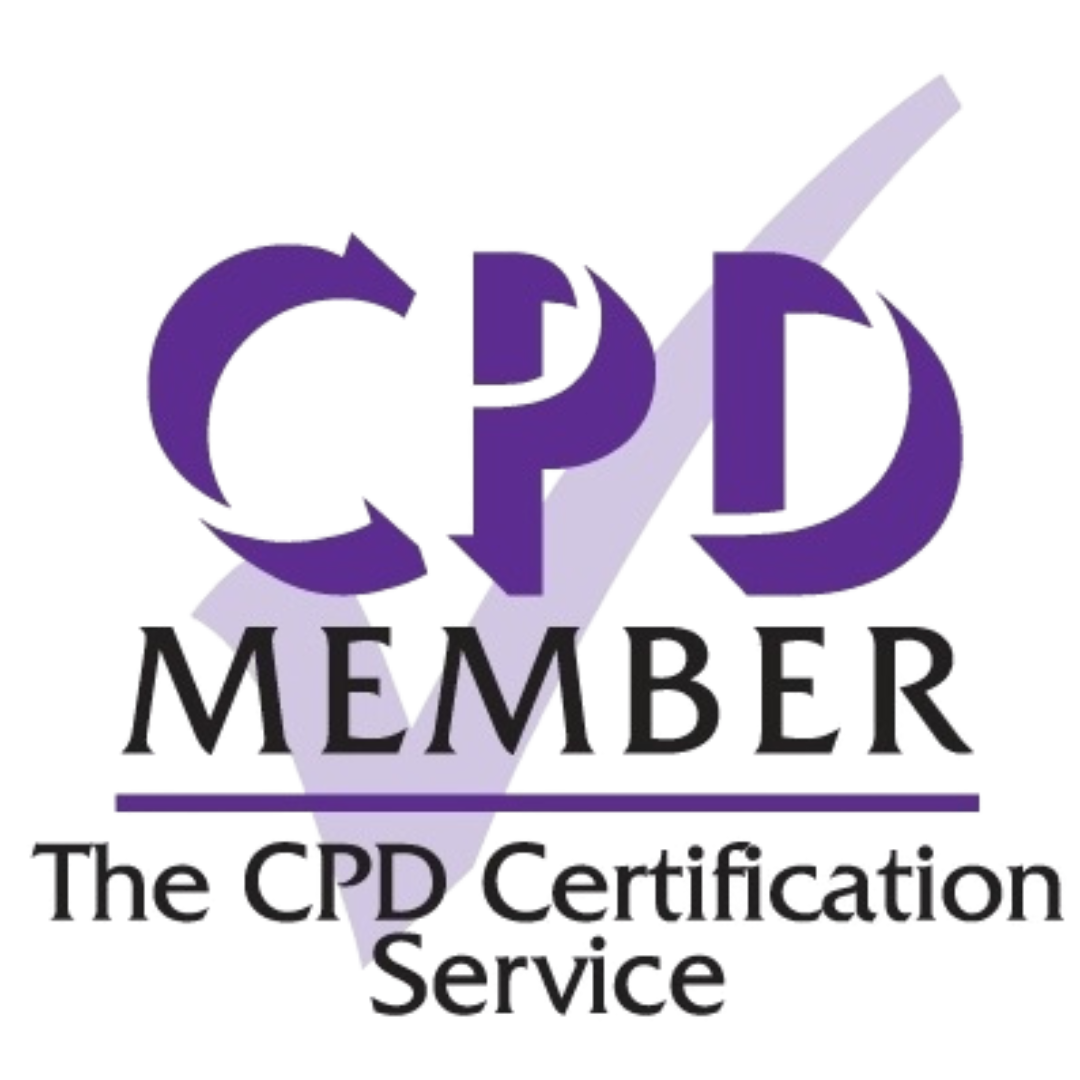At Home
Useful strategies that may help a young person living with Foetal Alcohol Spectrum Disorder
Morning Routine
- Parents or carers may find it useful to keep to a repetitive routine in the mornings. People living with FASD find that a routine revolving around the same activities / tasks that they know they must do at certain times on certain days quite useful.
- The morning time can be such a stressful time for parents when trying to organise a child for school. We recommend keeping the morning routine as simple and as consistent every school day of the week for the child. This could perhaps mean extra effort by parents to have the child’s shoes and jacket ready at the door, or it could even mean having the shoes lined up in such a way that the child knows which feet to put them on.
- Everyday tasks such as brushing your child’s hair or brushing your child’s teeth may trigger your child and take extra time to complete. So, it is useful to have other easier parts of the morning planned the night before. This could include having their schoolbag packed and left out ready to go and lunch made the night before or even clothes and school uniform laid out in the child’s bedroom ready to be put on in the morning.
- Having structure to the morning routine helps parents save time and reduces stress before school. We recommend that where possible, as your child gets older, you try to prepare everything with your child the night before. Incorporate these tasks into the bedtime routine, but try to make it enjoyable - never make it into a task or a chore that they must do.
After School
Following the school day many children will be burnt out from sensory overload, social exhaustion and suppression. Tips to support decompression and limit after school dysregulation (melt-downs):
- Avoid immediate demands; unpacking bags and getting changed can wait.
- Avoid asking about their day (unless it is offered), allow time and space for the young person to process their day so far.
- Provide a consistent and predictable after school routine.
- Give them a substantial snack - something that can be chewed is very good.
- Prepare them for any changes to the usual routine, ie a friend is calling in.
- Respect alone time if they seek it.
- Allow jumping and loud time if needed.
- Allow plenty of time with a special toy or object.
Evening Routine
A child's bedtime can be quite a stressful or challenging time for parents as they try to get their child to bed. Often this time is one of the only parts of the day that parents will have to themselves. Here are some tips that may be useful:
- Sleep can be a struggle for anyone living with FASD as the condition affects their Circadian rhythm which is another way of describing physical, mental, and behavioural changes that follow a 24-hour cycle. These processes are naturally occurring in the body and help the body to respond to light and dark. What often happens is that the Circadian rhythm is out of tune, because the FASD brain is unable to produce melatonin naturally. As a result, they may struggle to feel tired when it is dark outside and often the opposite will occur eventually if not addressed. Medication (ie: Melatonin Capsules) can be helpful if this happens, and this will be available by consulting with your CAMHs Consultant Psychiatrist. This type of medication may already have been prescribed to your child if they have a co-morbid diagnosis of ADHD.
- If you are unable to get a referral to CAMHs, or are on a waiting list for this service, you can try to introduce a warm (not boiled) cup of milk, which contains natural melatonin and can help the child to get to sleep.
- We recommend where possible, that a child is not playing video games or viewing their phone screen for at least half an hour before trying to go to sleep. Try introducing reading or storytelling to the child or if that doesn’t interest them try sitting and talking with the child about their day. We realise that in today’s world it can be difficult to ease technology out of the hands of children without conflict, so keep trying to achieve this without escalating your child or yourself. Here are some great calming activities that may work for you/your child:
- Deep pressure massage
- Sitting on bean bags or a large body pillow/cushion
- Sandwiching, pillow press
- Bear hugs, neutral warmth
- Slow rocking
- Lotion rubs
- Soft, slow music
- Joint compressions
- Stretching
- Sucking
- Fidget toys
- Physical relaxation exercises
- During this time away from technology you can try to introduce some of the strategies we mentioned above to get ready for the next morning.
- In relation to a disruptive sleep pattern due to waking up or needing to toilet through the night, we strongly recommend placing non-white night lights between the bedroom and along the route to the bathroom/toilet. These non-white lights are to replace conventional ceiling lights which display a bright white light and will cause any residual melatonin the child has to be flushed out of their body through their skin - this will then cause your child to struggle to get back to sleep.
We recommend trying to keep your young person's routines as consistent
as possible every morning and evening.
Additional Reading - Parenting Strategies
Parenting is a huge part of your and your child’s life. We know that when it comes to a child with Foetal Alcohol Spectrum Disorder that this can be difficult and challenging at times. Two different parenting strategies that are often found to be useful are:
Non-violent resistance
https://www.ispcc.ie/child-to-parent-violence-the-non-violent-resistance-programme-nvr/
Dan Hughes PACE




